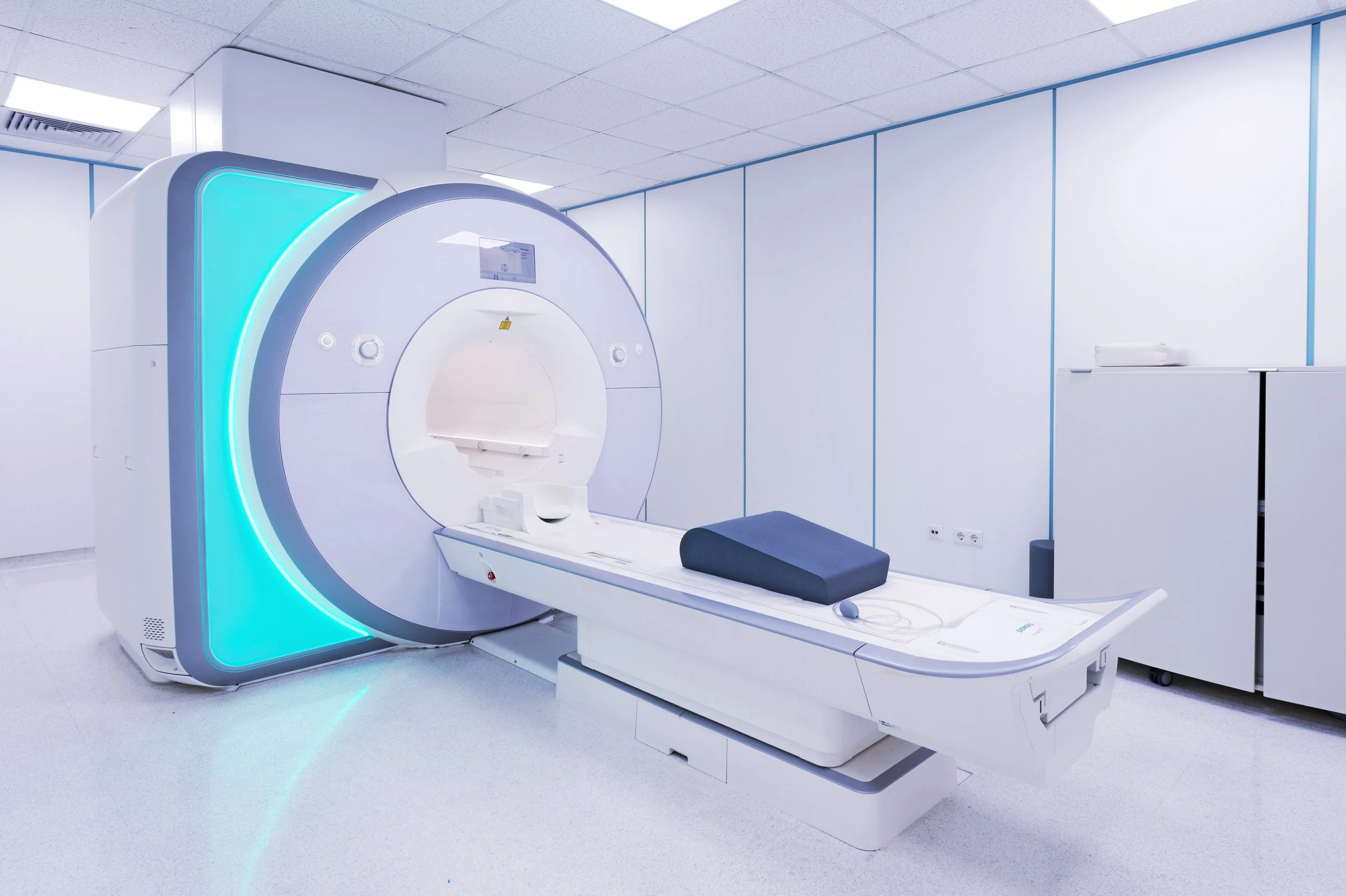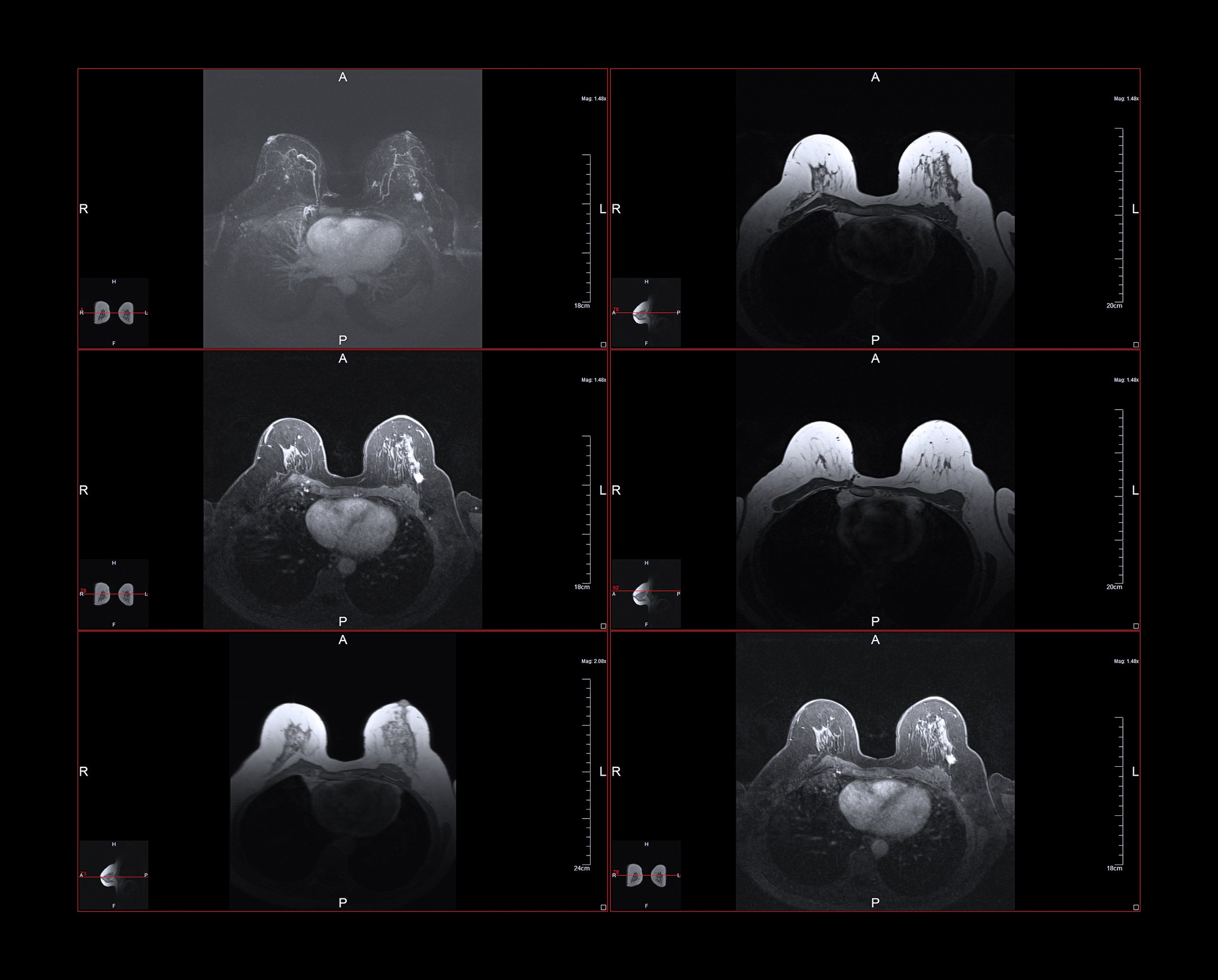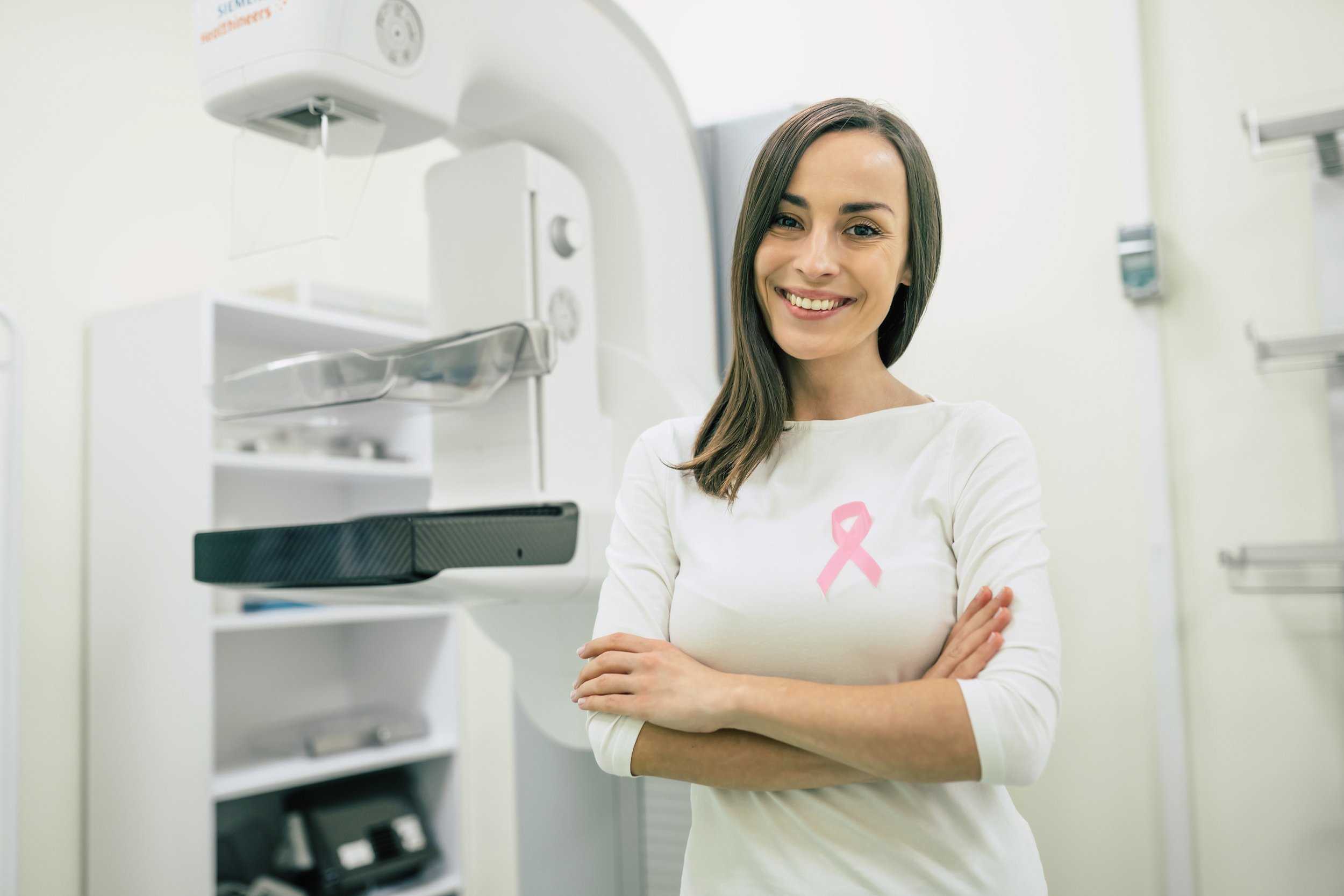
breast mri
Accredited Breast MRI services
Breast MRIs are often encouraged for women who have a known high risk of breast cancer, including those with substantial family history of the disease.
Breast MRIs can also be useful to further evaluate abnormalities seen in a mammogram, after a new breast cancer diagnosis is discovered, when determining the extent or stage of cancer, or if cancer has spread to the lymph nodes.
Rezolut’s Women’s Imaging Team, including our board-certified radiologists, work collaboratively with referring providers and breast centers across the country. If you live or work in a Rezolut community, talk with your doctor about advanced imaging available at our locations. We are nationally accredited Breast Centers of Excellence by the American College of Radiology and have also received additional accreditation as Breast MRI Facilities by the ACR.
Breast MRI for Women with High Risk of Breast Cancer.
While breast MRI is not intended to replace mammography or ultrasound imaging, it can offer a more detailed analysis, particularly for women at high risk of breast cancer.
Women with a significant family history of breast cancer may be suitable candidates for breast MRI imaging alongside their scheduled mammogram and ultrasound.
A significant family history often involves a mother or sister diagnosed with breast cancer before age 50. It's important to consider aunts, cousins, and paternal relatives diagnosed with breast cancer when discussing family history. Additionally, relatives diagnosed with ovarian cancer also elevate the overall risk for breast cancer and should be taken into account when assessing lifetime risk.
Our radiologists, in collaboration with your primary care provider and/or OB/GYN, can assess your family history. Together, they can determine if breast MRI screening may be appropriate for you. Depending on your family history, genetic counseling may also be advised.
Additionally, in rare instances, abnormalities detected on a mammogram may require further evaluation beyond mammography and ultrasound alone. In such cases, breast MRI can be used to definitively assess whether the abnormality requires a biopsy or can be monitored without intervention.
Breast MRI After a Breast Cancer Diagnosis
After a diagnosis of breast cancer, your breast surgeon or oncologist may request a breast MRI to assess the extent of the cancer. This imaging typically aims to determine the following:
The size of the cancer and whether it involves the underlying muscle.
The presence of other cancers in the same breast and the possibility of an undetected cancer in the opposite breast.
The presence of unusually large lymph nodes in the armpit may indicate that the cancer has spread to that area.
Following treatment for breast cancer, scarring and recurrent cancer can appear similar on mammography and ultrasound. If changes in a lumpectomy scar are detected through mammography or physical examination, MRI can help distinguish between normal scar maturation and cancer recurrence.
In some instances, breast cancer may be treated with chemotherapy before surgical removal, a process known as neoadjuvant chemotherapy. In these cases, MRI is often utilized to monitor the effectiveness of the chemotherapy and to reassess the remaining tumor before scheduling surgery.
Breast MRI to Evaluate Breast Implants
Breast MRI is the most effective test for detecting silicone implant ruptures. Typically, contrast is unnecessary for this type of imaging.


